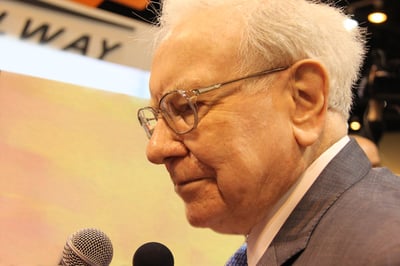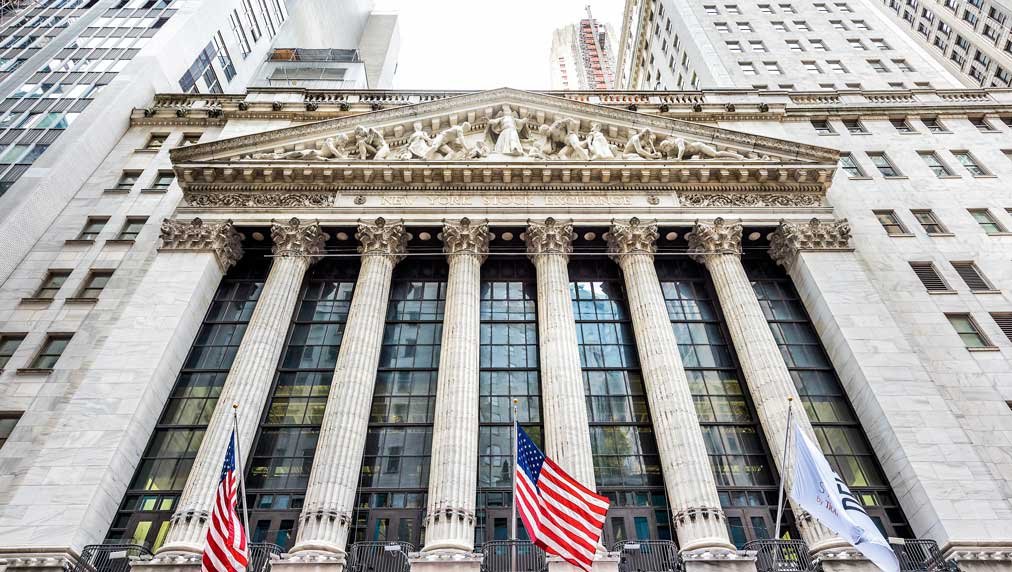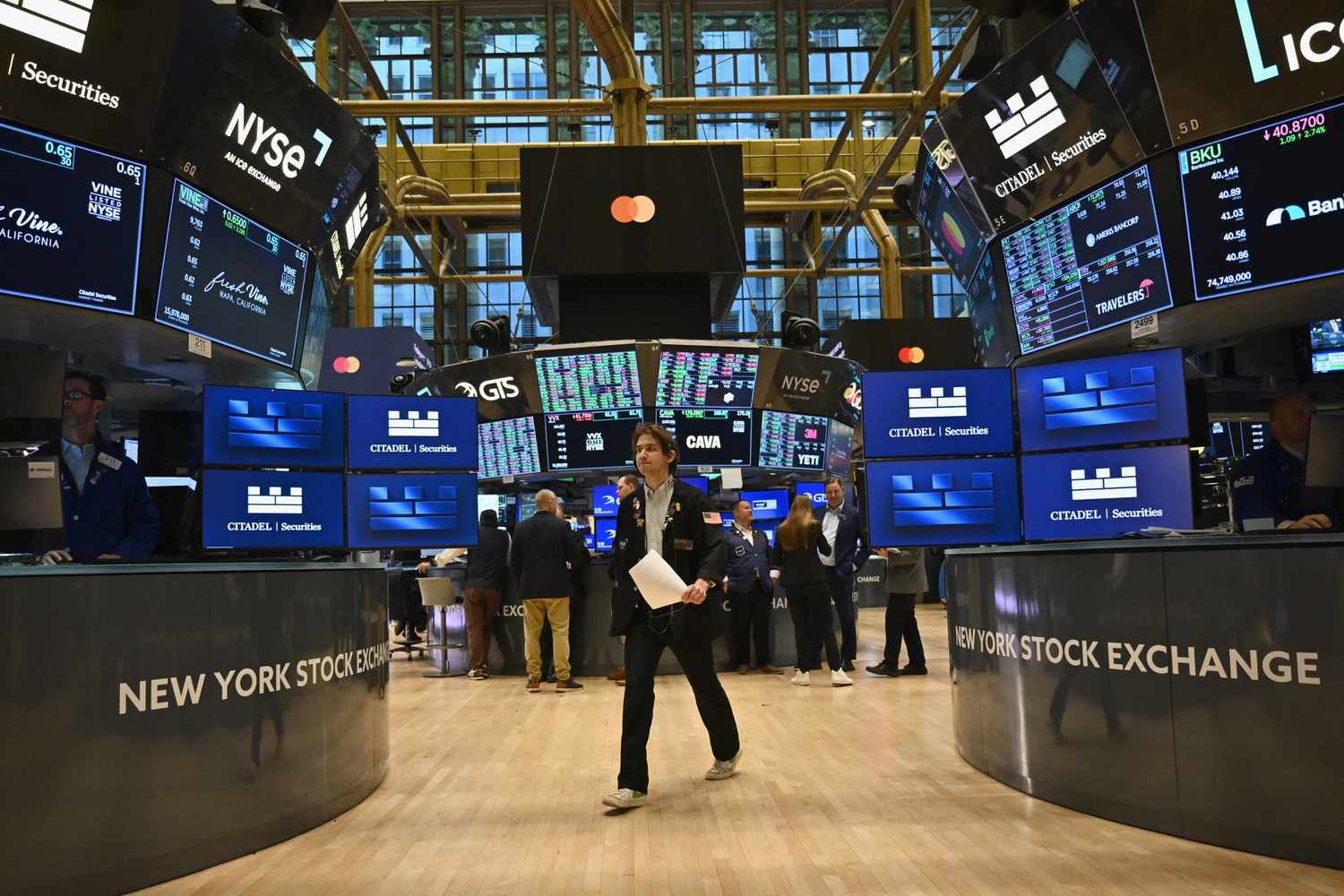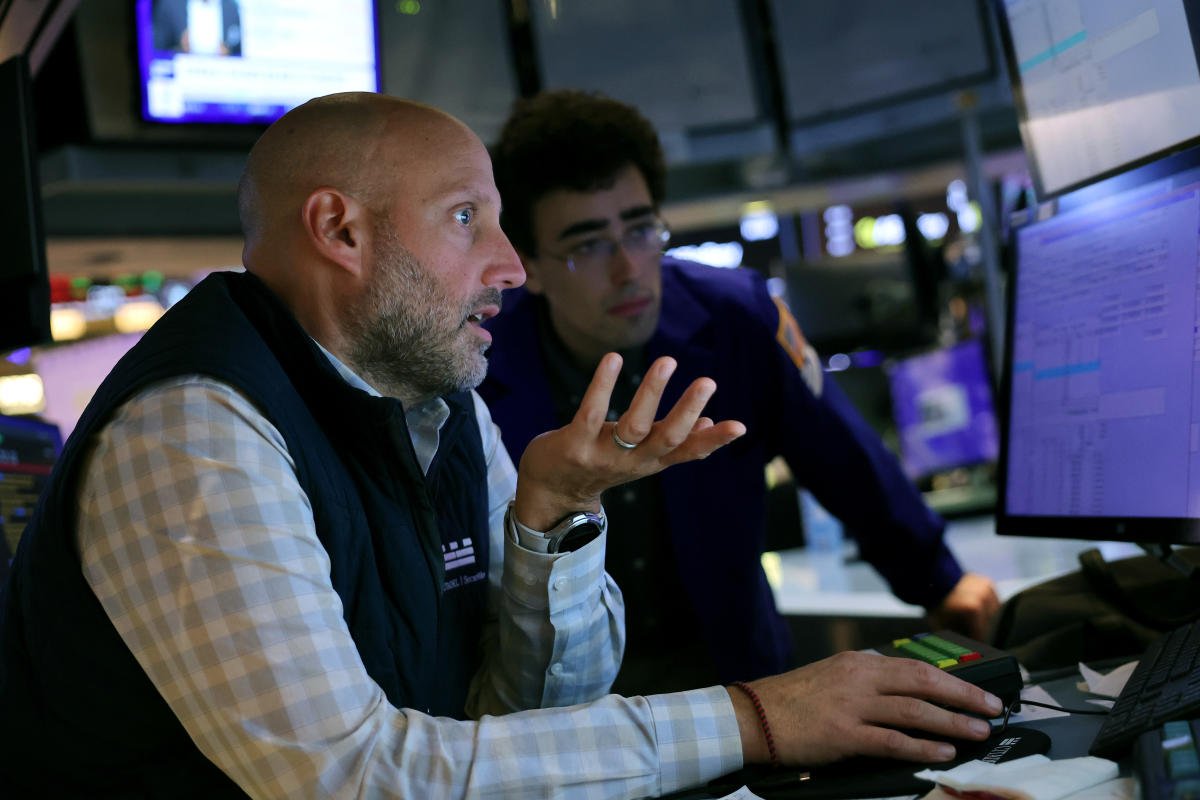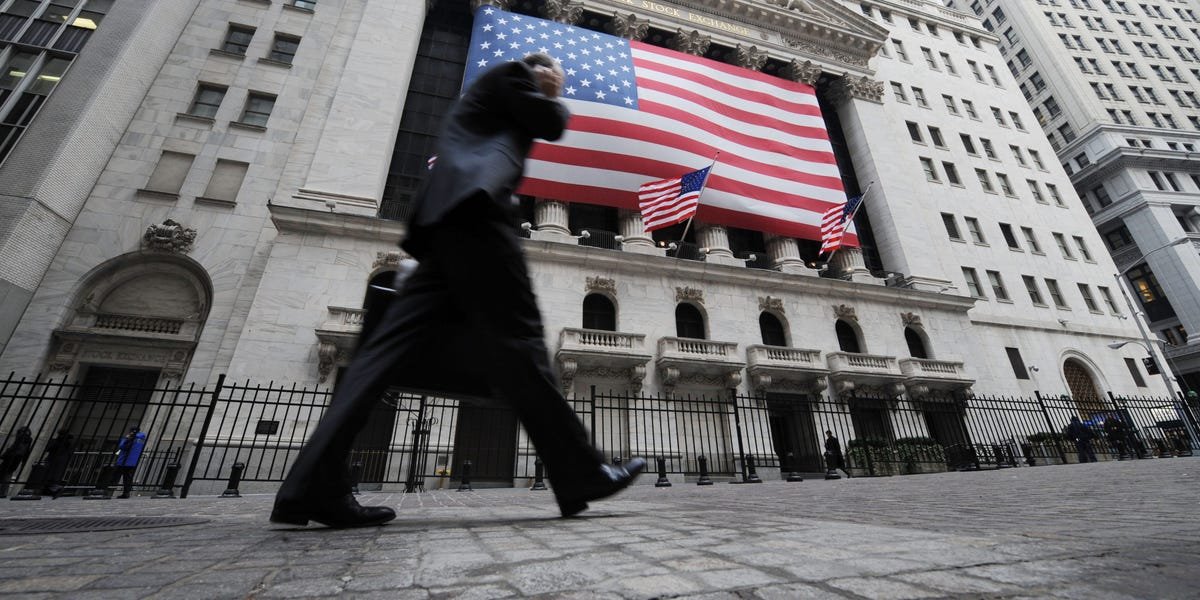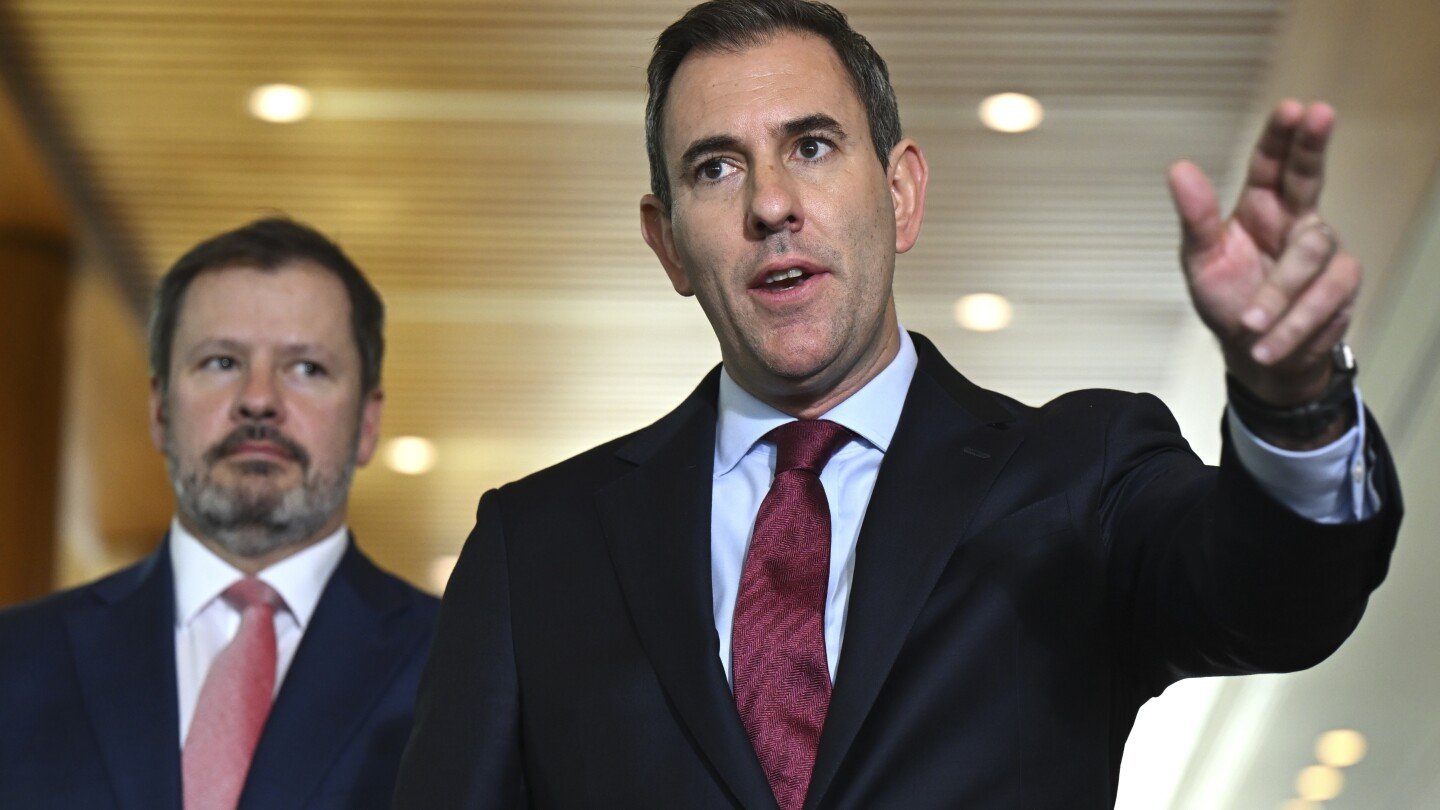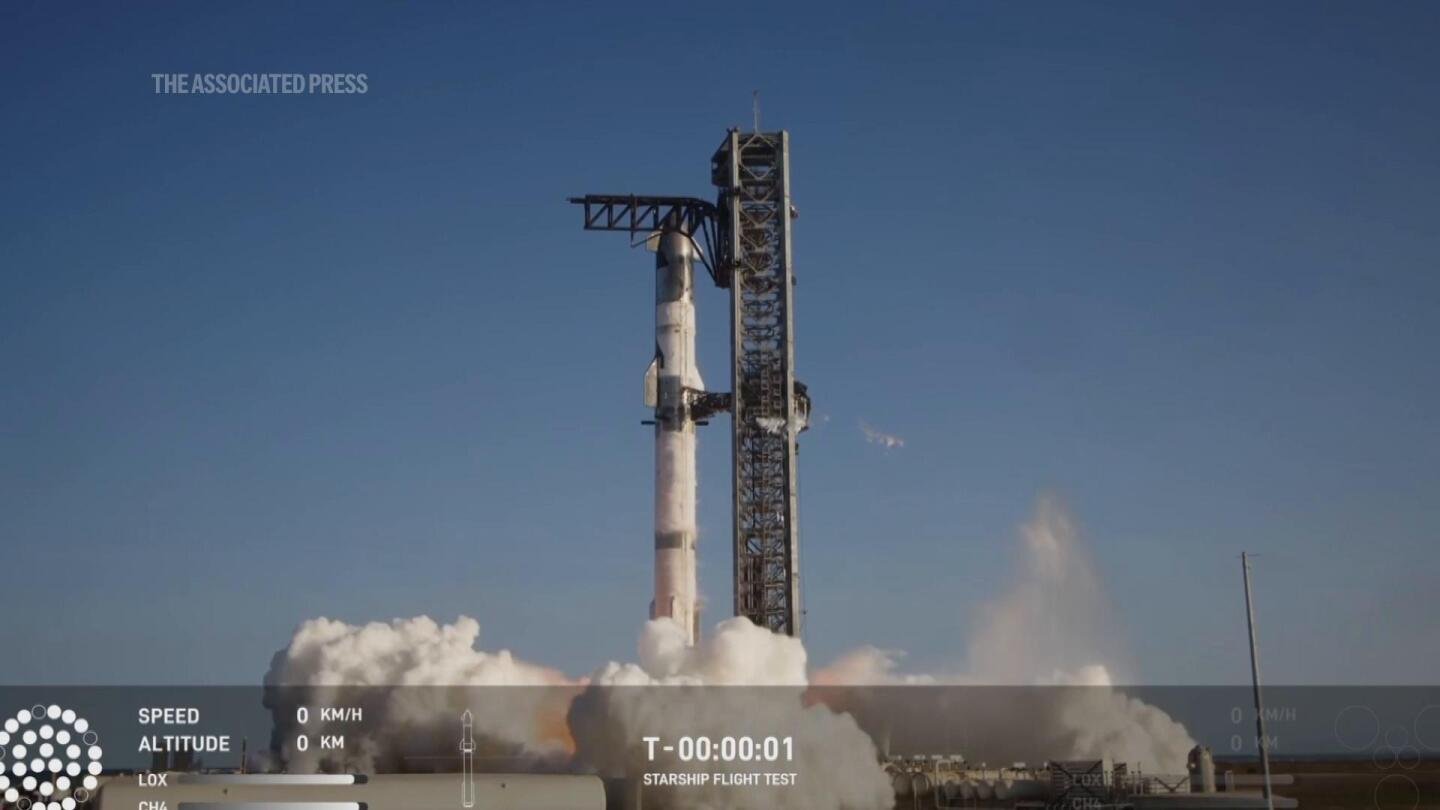The “Oracle of Omaha” could be signaling a looming stock-market downturn.
Warren Buffett has never claimed to be able to predict what the stock market would do over the near term. In a 2008 op-ed for The New York Times, he wrote, “I can’t predict the short-term movements of the stock market. I haven’t the faintest idea as to whether stocks will be higher or lower a month, or a year, from now.”
However, I suspect the legendary investor could have better predictive abilities than he would ever acknowledge. And there’s a good case to be made that Buffett is telegraphing a $277 billion warning that the stock market could be headed for trouble.

Image source: The Motley Fool.
Trouble ahead for the stock market?
Make no mistake about it, Buffett likes to invest in stocks. In his 2021 letter to Berkshire Hathaway shareholders, he wrote that he prefers to have 100% of his money invested in equities.
At the time he wrote that letter, Berkshire’s cash position totaled $144 billion with roughly 80% of its assets invested in businesses. Buffett said this percentage was lower than he’d like because of his “failure to find entire companies or small positions thereof (that is, marketable stocks) which meet our criteria for long-term holdings.” He added that periods when Berkshire has so much money in cash “are never pleasant.”
Fast-forward to today. Berkshire Hathaway’s cash stockpile, including cash, cash equivalents, and short-term investments in U.S. Treasuries, stands at a whopping $277 billion. It’s by far the largest cash position for the conglomerate ever.
BRK.B Cash and Short Term Investments (Quarterly) data by YCharts.
Sure, Buffett has pledged in the past that “Berkshire will always hold a boatload of cash and U.S. Treasury bills.” He has acknowledged that the company’s cash position could be “far in excess of what conventional wisdom deems necessary.”
But $277 billion?! That’s a staggering figure for an investor who wants to be fully invested in stocks. Buffett might be unwilling to predict that trouble lies ahead for the stock market, but his cash-hoarding speaks loudly enough on its own.
Another Buffett warning sign
Way back in December 2001, Fortune published an essay written by Buffett that was based on a speech he gave earlier in the year. In this essay, Buffett stated that the market value of all public companies as a percentage of gross national product (GNP), which is now more widely known as gross domestic product (GDP), is “probably the single best measure of where valuations stand at any given moment.”
He noted, “If the ratio approaches 200% — as it did in 1999 and a part of 2000 — you are playing with fire.” Buffett said that the elevated level of this ratio “should have been a very strong warning signal” to investors. The S&P 500 began falling in late 2000 and ultimately plunged nearly 50%.
This ratio of total market cap to GDP became known as the Buffett indicator. Financial analyst Mark Hulbert views it as one of the “best predictors of the long-term market.”
So what is the Buffett indicator now? As of Sept. 27, 2024, it was 197.88. Based on Buffett’s message from 23 years ago, this level should serve as a “very strong warning sign” about the stock market.
What should investors do?
Buffett famously said, “Be fearful when others are greedy, and be greedy when others are fearful.” The legendary investor certainly seems to view others as greedy right now. And the indicator that bears his name supports the idea of being fearful.
What should investors do? Perhaps the smartest strategy is to follow what Buffett himself is doing.
First, Buffett hasn’t panicked and sold all of the stocks Berkshire Hathaway owns. The conglomerate still has positions in 43 stocks and two exchange-traded funds (ETFs) worth more than $313 billion.
Second, as previously mentioned, Buffett has built a large cash position. This will enable him and Berkshire’s other investment managers to buy high-quality stocks at a discount if and when the stock market pulls back.
Third, Buffett is still buying some stocks. However, he is only investing in stocks that meet his criteria (which notably include attractive valuations).
Investors who follow in Buffett’s footsteps will likely perform well over the long term.
Keith Speights has positions in Berkshire Hathaway. The Motley Fool has positions in and recommends Berkshire Hathaway. The Motley Fool has a disclosure policy.

